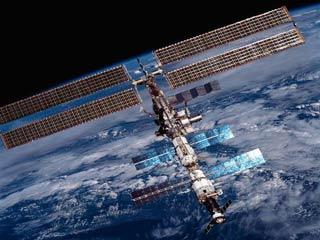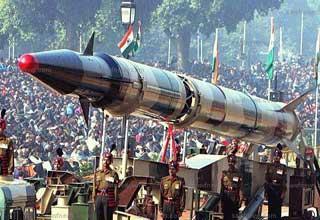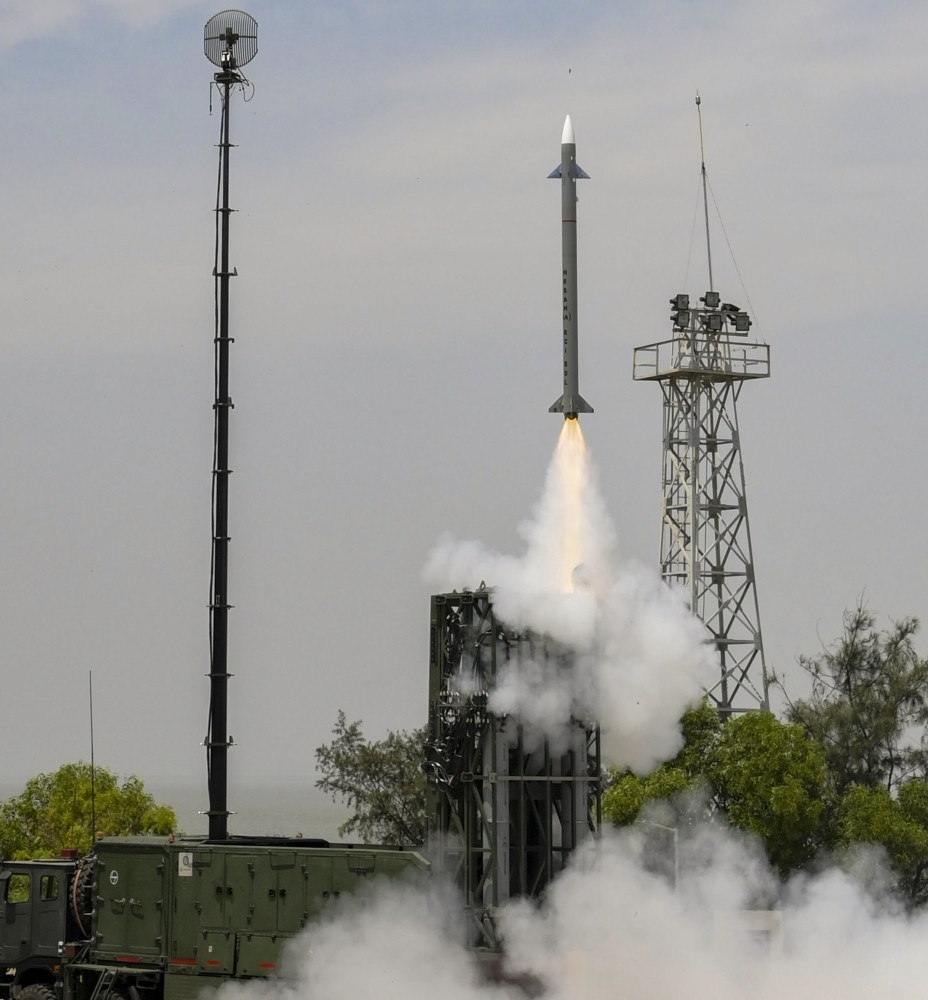
International Space Station.
CAPE CANAVERAL (AP): Astronauts may need to temporarily abandon the International Space Station this fall if last week's Russian launch accident prevents new crews from flying, a NASA official said on Monday.
If Russia's essential Soyuz rockets remain grounded beyond mid-November, there will be no way to launch any more astronauts before the current residents are supposed to leave, said NASA's space station programme manager, Mike Suffredini.
A space station supply ship was destroyed last week following liftoff from Kazakhstan. The failed upper stage of the Soyuz rocket is similar to what's used to launch astronauts.
The launch of the very next crew already has been delayed.
It had been scheduled for September 22.
To keep the orbiting outpost with a full staff of six for as long as possible, three of the current residents will remain in orbit for at least an extra week. They were supposed to return to Earth on September 8.
Suffredini said flight controllers could keep a deserted space station operating indefinitely, as long as all major systems are working properly.
But that's always the last resort: The risk to the space station goes up if no one's on board to fix potential equipment breakdowns.
"We have plenty of options," Suffredini said. "We'll focus on crew safety as we always do."
Astronauts have been living continuously aboard the space station ever since the first crew was launched in 2000.
NASA considered vacating the space station following the space shuttle Columbia disaster in 2003.
Back then, shuttles were still being used to ferry some station residents back and forth.
Instead, the station got by with two-man crews for a few years because of the significant cutback in supplies.
Even if the space shuttles still were flying, the programme ended last month space station crews still would need Soyuz-launched capsules to serve as lifeboats, Suffredini said.
The capsules are certified for no more than 6 months in space, thus the need to regularly rotate crews.
As for supplies, the space station is well stocked and could go until next summer, Suffredini said.
Space shuttle Atlantis dropped off a year's supply of goods just last month.
For now, operations are normal aboard the 390-kilometre-high complex, he noted, and the additional week on board for half the crew will mean additional science research.
 Previous Article
Previous Article Next Article
Next Article













The Indian Air Force, in its flight trials evaluation report submitted before the Defence Ministry l..
view articleAn insight into the Medium Multi-Role Combat Aircraft competition...
view articleSky enthusiasts can now spot the International Space Station (ISS) commanded by Indian-American astr..
view article